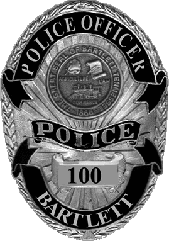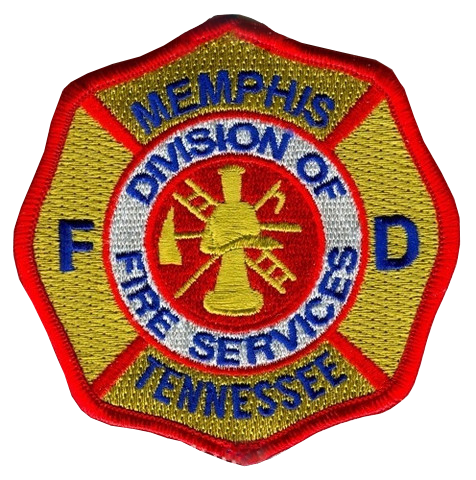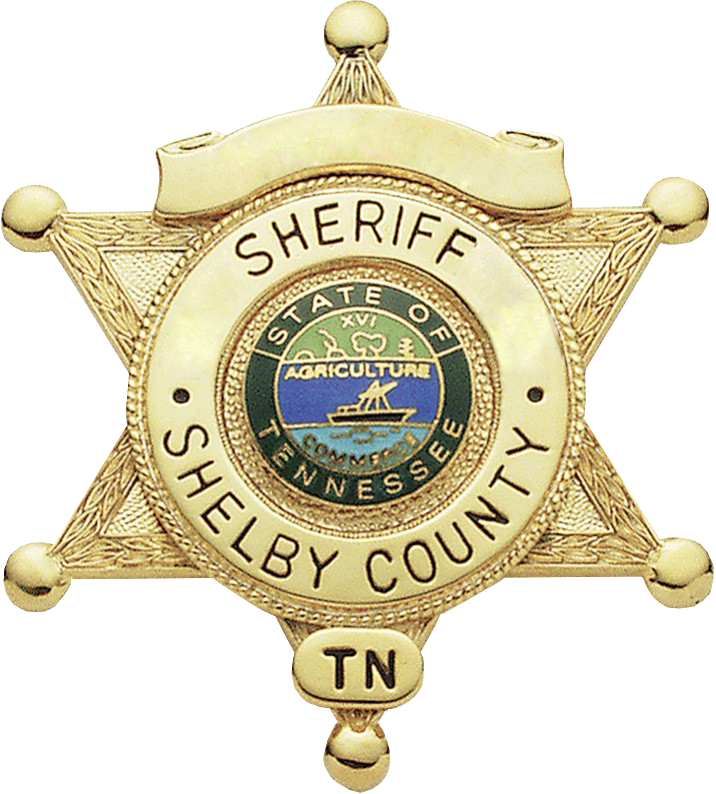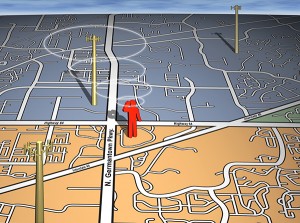
Using 9-1-1
You should only call 9-1-1 in EMERGENCIES – when you or someone else is seriously hurt or is experiencing life-threatening conditions. An emergency is any situation that requires the immediate assistance of a police officer, fire fighter or emergency medical services.
Emergency
- Crime in progress
- Fire
- Breathing problems
- Choking
- Unconsciousness
- Poisoning
- Drowning
- Stabbing
- Gun shot wounds
- Struck by vehicle
- Child locked in vehicle
If your situation IS an emergency

If your situation IS an emergency…
- Dial 9-1-1.
- Clearly state where you are.
- Calmly tell the operator which emergency agency you need: Police, Fire or Ambulance/Emergency Medical Service
- Clearly state what your emergency is.
- Give your address AND the nearest intersecting cross street (very important for verifying the address) – example:
"I live in Memphis at 123 S. Main Street near Union Avenue."
"I live in Collierville at 500 Poplar View Parkway, near Civic Center Drive."
If an address isn't available, use landmarks such as billboards, mile markers, buildings, street signs, etc. to describe your location. - Stay on the line – do not hang up until the operator has all necessary information.
The operator or an EMS dispatcher may ask you questions regarding the emergency or provide you with instructions for stabilizing a patient before an ambulance arrives. If possible, stay by the phone in case the 9-1-1 call-taker needs to call you back.
Non-Emergency
- Minor accident (no injury)
- Barking dogs
- Burglarized property
- Power outage
- Drug sale
- Loud parties
- Weather and road conditions
- Scores for sporting events
- Runaways
- Legal advice
- Keys locked in vehicle (no child inside)
If your situation IS NOT an emergency…
Please call the proper non-emergency number found in your phone book or through directory assistance. Calling 9-1-1 for a non-emergency ties up phone lines that could be servicing real emergencies – and is also against the law in many states: Non-emergency phone numbers.
You may also call 2-1-1 for information on how to contact resources to help you with a wide variety of non-emergency situations. For information on road and traffic conditions in the area, call 5-1-1 or visit the 5-1-1 website.
CELL PHONE CONSIDERATIONS
Shelby County, Tennessee is home to seven municipalities – Arlington, Bartlett, Collierville, Germantown, Lakeland, Memphis and Millington. Each of these municipalities has its own political and geographic boundaries, and most have separate fire, emergency, and law enforcement agencies.
These multiple political and geographic boundaries have a direct bearing on how the Shelby County 911 system works, especially when a call to 911 is made from a cell phone. That’s because cellular calls are often not automatically routed to the proper Public Safety Answering Point (PSAP) because the wireless signals travel beyond municipal boundary lines. In many cases, a 911 caller may need to be transferred to the proper agency in the area. That is why it is imperative that anyone who calls 911 from a cell phone tells the dispatcher exactly where he or she is, and, if possible, what city/community the call concerns.
For example, in the illustration above, a person in distress on Germantown Parkway in Memphis calls 911 from a cell phone. The cell signal is routed to the closest cell tower, which is located a short distance away – but inside the Bartlett city limits. As a result, the call is routed to a City of Bartlett 911 dispatcher, who has limited information on where the caller is since the call was made from a cell phone.
If the caller cannot provide specific location details, including the fact that they are in the city of Memphis, then it is highly likely that the call could be routed to the wrong emergency response department, which means that emergency response could be delayed.
VOIP CONSIDERATIONS
VoIP (Voice over Internet Protocol) phone service refers to calls transmitted over the Internet instead of a regular landline. It is also known as:
- Broadband phone
- VON (Voice On the Net)
- Cable phone
- Digital phone
- Internet or Net phone
Please review the FCC Consumer Advisory VoIP and 911 Service; http://www.fcc.gov/cgb/consumerfacts/voip911.pdf
While VoIP offers advantages over land lines to consumers such as lower cost and greater mobility, most service providers have 9-1-1 service limitations that you need to know about if you are considering VoIP.
Basic and Enhanced 9-1-1 Service
There are currently two 9-1-1 emergency service standards for VoIP – Basic and Enhanced.
With Basic 9-1-1, you have to tell the dispatcher your location and your phone number. If for some reason your call is disconnected before you’ve relayed your information, emergency services will not know where you are.
With Enhanced 9-1-1, your location and phone number are displayed to the dispatcher. This could help save valuable time when emergency services are needed as quickly as possible. The VOIP provider will normally ask you to provide your address information when you sign up for the service. Be sure you provide your complete and correct address information: (Address number (1234) , Street name (Poplar), Street type (Ave, Pike, etc), Apt No (1,2,3,A,B,C).
Burglar and Fire Alarm
If you have a burglar or fire alarm system that dials a monitoring station, you may find that some VoIP services are not compatible with your alarm system. In these circumstances, your alarm may not reach the monitoring station or emergency services when activated. Check with your alarm system provider to determine if it can
Power Outage
Some VoIP providers do not include power back-up and, as is the case with cordless phones during power outages, phone service will not be available.
Using VoIP in Multiple Locations
Some VoIP providers enable you to use your telephone in different areas with separate broadband connections. However, if a call is dialed to 9-1-1 from an area other than your home location, the call could be routed to the wrong 9-1-1 facility; resulting in a long delay or lack of emergency services.
LOCALITY CONSIDERATIONS
It's always important to know where you are when you call 9-1-1, even when calling from a landline that provides the information to the operator. You should always be able to tell the operator exactly where you are when you call.
When calling from your cell phone, give your address AND the nearest intersecting street (very important for verifying the address) example:
- I live in Memphis at 123 S. Main Street near Union Avenue
- I live in Collierville at 500 Poplar View Parkway near Civic Center Drive
- I'm in a car accident on Perkins Street and Walnut Grove
If an address is not available, use landmarks such as billboards, mile markers, buildings, etc. to describe the location.
Also, when calling from your cell phone, your signal may travel beyond municipal boundaries. This makes stating your location even more important. When this happens, don't be alarmed if the operator transfers you to the proper agency in your area.
Non-Emergency Numbers
For situations that require assistance but are not life-threatening, contact the public safety agency listed below that serves your location.

Police
-
- Bartlett Police
- 901-385-5555
- Collierville Police
- 901-853-3207
- Germantown Police
- 901-754-7222
- Memphis Police
- 901-545-2677
- Millington Police
- 901-872-3333

Fire
-
- Memphis Fire
- 901-458-8281
- Shelby County Fire
- 901-222-8000

Shelby County Sheriff’s Office
-
- Shelby County Sheriff
- 901-379-7625
You may also call 2-1-1 for information on how to contact resources to help you with a wide variety of non-emergency situations, or visit the 2-1-1 website for additional information.
For information on road and traffic conditions in the area, call 5-1-1 or visit the 5-1-1 website.


